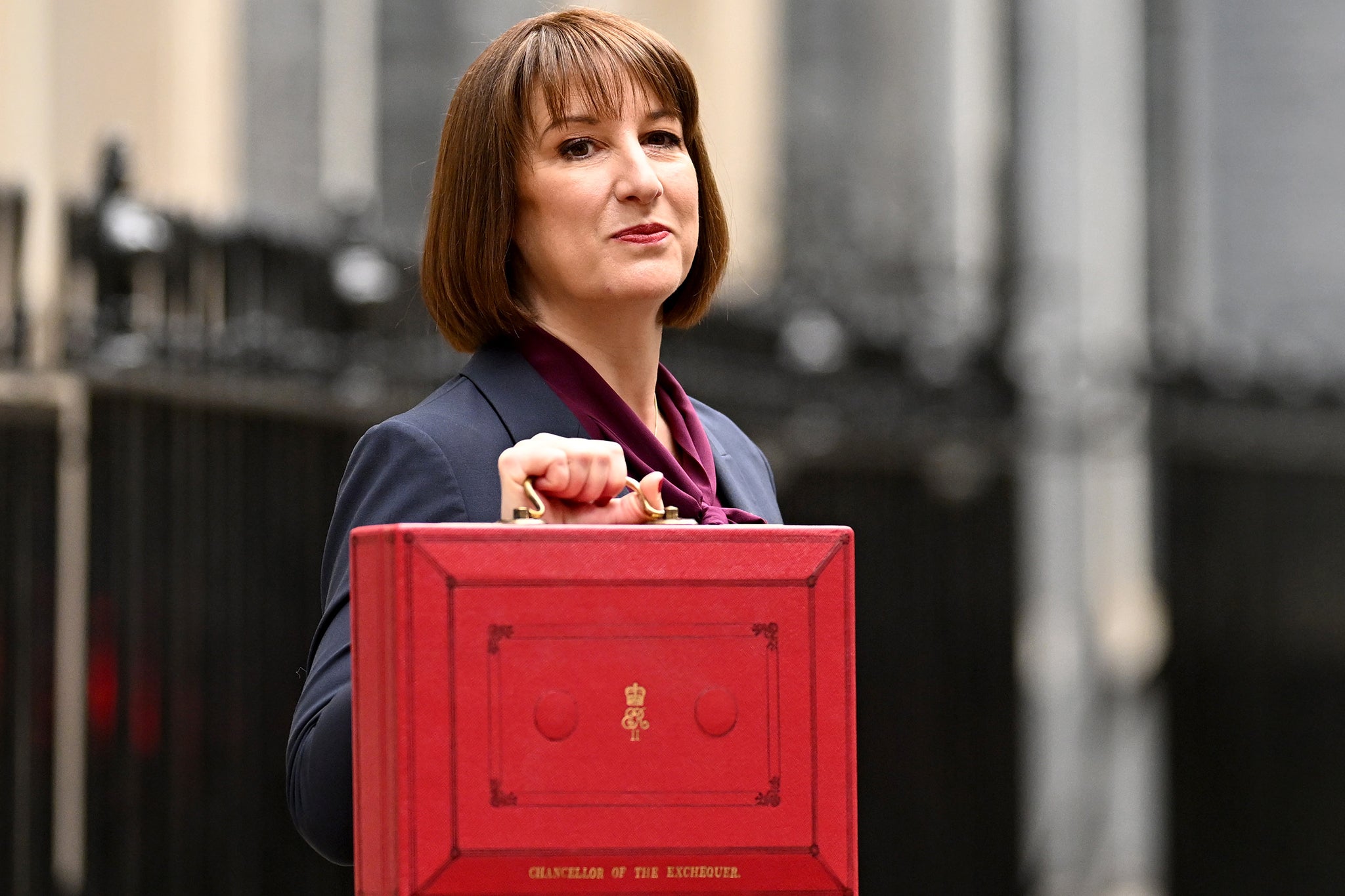Sir Keir Starmer has been accused of “giving with one hand and taking with the other” amid fears a £100m boost for hospices in England will be wiped out by Rachel Reeves’ national insurance hike.
The prime minister’s official spokesman was unable to say whether the cash injection for hospices and palliative care charities would make up for the hit they face as a result of the chancellor’s Budget.
Shadow health minister Dr Caroline Johnson slammed Labour for having “the audacity” to make such a claim when “they are taking millions of pounds off hospices and palliative care charities”. “Then they then think they should be grateful when they give them some of it back… this is socialism at its finest,” she added.

After the October Budget, hospice groups called for an exemption from the 2p employer national insurance increase, arguing it would pile unbearable pressure on an already stretched system.
And while Hospice UK said the latest funding, which is for England only, would be “hugely welcome”, end-of-life charity Marie Curie warned a one-off investment will not be enough to make the improvements needed.
Asked whether the extra money for the hospice sector would more than compensate for what they lose from national insurance increases, Sir Keir’s official spokesman said he would not “draw a kind of parallel”.
However, he said the funding would help to improve facilities to provide better quality care.
There are strict rules on what the £100 million in capital funding can be used for, he noted.
“But clearly, by providing the biggest investment in hospices in a generation that also frees up pressures elsewhere in the hospice system.”
The government described the £100m for adults and children’s hospices in their provision of end-of-life care as the biggest investment in a generation in the sector.

The Department of Health and Social Care has also confirmed a separate £26m in continued grant funding for next year under what was known as the Children’s Hospice Grant.
Health minister Karin Smyth, speaking in the Commons before parliament breaks up for Christmas, was also repeatedly asked whether the £100m funding would cover the costs in the NICs rise but declined to answer directly.
Tory MP Sir Bernard Jenkin said a hospice which serves his Harwich and North Essex constituency estimates the national insurance changes will cost them £300,000 in a full year, asking: “Can the minister now give a guarantee that they will be compensated by the government in full?”
Ms Smyth replied: “We will announce allocations for the whole sector and the NHS in the usual way in the new year.”
Tory MP Martin Vickers said any increase in funding for hospices is welcome, but added: “This (funding announcement) let’s be honest, is giving with one hand and taking with the other.”
And Tory former health minister Neil O’Brien said Ms Reeves was the “Grinch who stole Christmas”, calling on Thursday for charities and voluntary groups to be exempted from the increase.
In a written statement slipped out before parliament breaks up, health secretary Wes Streeting said it is “only right” hospices are given the financial support to provide their services, while care minister Stephen Kinnock said the funding “will allow hospices to improve their physical and operational environment, enabling them to provide the best possible care to their patients”.
Toby Porter, Hospice UK chief executive, said: “Today’s announcement will be hugely welcomed by hospices, and those who rely on their services. Hospices not only provide vital care for patients and families, but also relieve pressure on the NHS.
“This funding will allow hospices to continue to reach hundreds of thousands of people every year with high-quality, compassionate care.”
Ralph Coulbeck, chief executive at Haven House children’s hospice, said it is “a relief” to know the children’s grant is being maintained next year, adding that it will “help to support the vital care we provide to seriously ill children and families”.
Marie Curie chief executive, Matthew Reed, described the palliative and end-of-life care system as being “in crisis” with access to the right care depending often on where someone lives.
He said: “Marie Curie welcome additional investment in the palliative care sector and look forward to further clarification on how this funding will be used to ensure better care for all dying people who need it.
“However, a restricted and one-off investment is not going to meet the recurring cost pressures, and ongoing needs of the sector – including the long-term implications of additional national insurance contributions, ongoing pressures as a result of rising costs of pay, and increased numbers of people dying over the next 20 years.”
He said “radical change is needed”, with a palliative care strategy, supported by a sustainable funding framework.
Challenges for the terminally ill in accessing good care at the end of their lives has become a topic of focus amid the debate at Westminster on assisted dying.
Opponents of assisted dying insist the focus should be on providing better end-of-life care for the terminally ill.
But Kim Leadbeater, the MP behind the Terminally Ill Adults (End of Life) Bill, said when palliative care cannot meet the needs of a dying person, “the choice of an assisted death should be one component of a holistic approach to end-of-life care”.
A new commission, set up by Labour MP Rachael Maskell and crossbench peer Baroness Finlay of Llandaff, was recently launched to examine palliative and end-of-life care in the UK and a report on its findings will be presented to the Health Secretary and Parliament.
Recommendations from the review are expected to feed into Labour’s 10-year plan for the NHS.


























+ There are no comments
Add yours